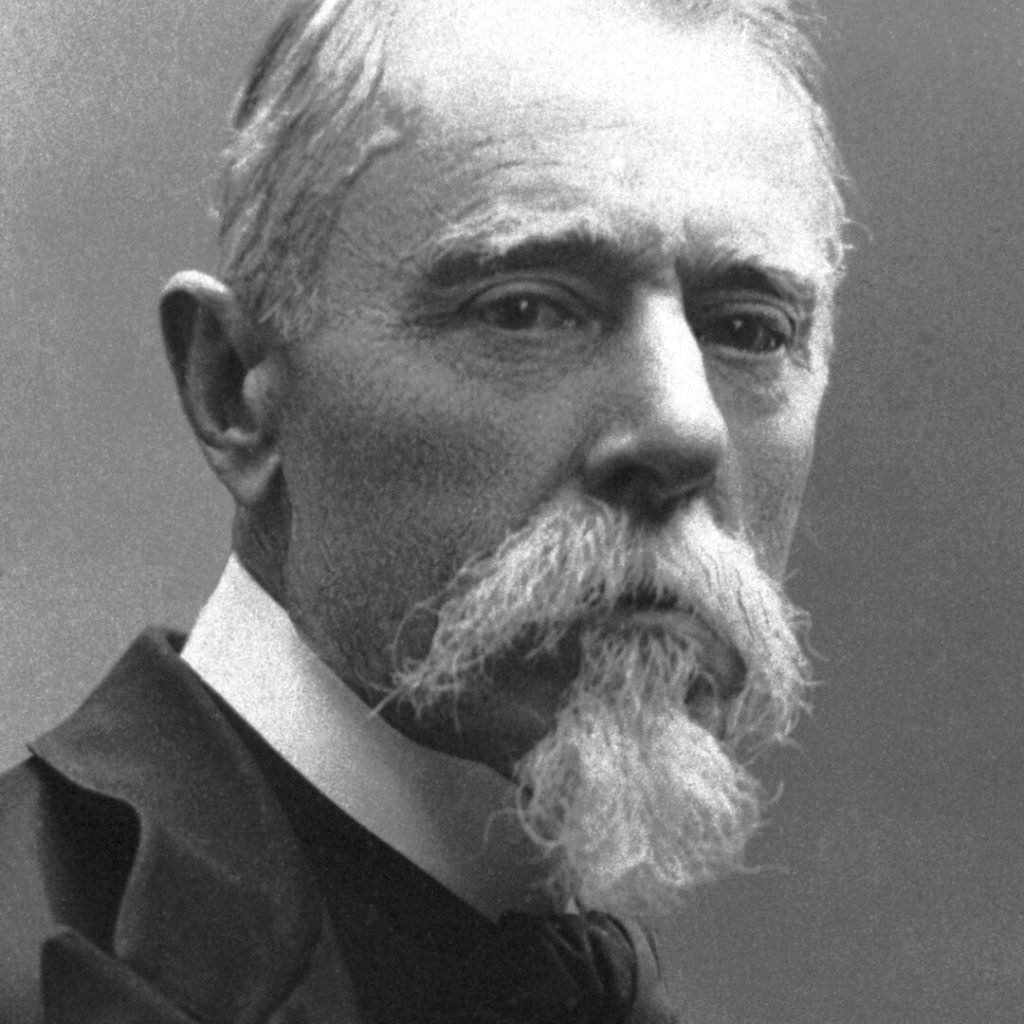Ernesto Teodoro Moneta
Speed read
Ernesto Moneta was awarded the Nobel Peace Prize for his work in the press and in peace meetings, both public and private, for an understanding between France and Italy. He shared the prize with Louis Renault.

Full name: Ernesto Teodoro Moneta
Born: 20 September 1833, Milan, Austrian Empire (now Italy)
Died: 10 February 1918, Milan, Italy
Date awarded: 10 December 1907
Soldier and editor
Ernesto Moneta encountered war as a 15-year old. In 1848 he fought with his father and brothers in the streets of Milan to liberate the city from the Austrians. It was an experience that would form his lifelong conviction that nations should cooperate to prevent war and human slaughter. Moneta completed a military education. He fought alongside the freedom fighter Garibaldi, but later resigned his post as officer and began to work as a journalist. Starting in 1867, he served as editor of the daily newspaper Il Secolo in Milan. Moneta held the view that the Italian army should be a civilian army for defence purposes only, and he sought to promote brotherhood between peoples. In the 1890s Moneta emerged as the undisputed leader of the Italian peace movement.
"The Italian revolution was fought first of all to obtain the liberty of the nation, and then, with that achieved, to join the freest and most advanced nations in inaugurating a new era of peace, justice, and joint cooperation in the work of civilization."
Ernesto Teodoro Moneta, Nobel Prize lecture, 29 August 1909.
A popular laureate
The awarding of the peace prize was met with jubilation in Italy. Both the king and prime minister extended their congratulations. A unified Italian press gave the event widespread, positive coverage. John Lund, a member of the Norwegian Nobel Committee, visited Italy and described the scene in this way: “There was party after party for him. Doves and hawks, Garibaldists and journalists, conservatives and liberals, all competed to honour the great idealist and friend of humanity … If ever the Nobel Committee’s decision coincided with the will of the people, it was on this occasion.”
"For Moneta, the cause of peace is imperative; it is humanity’s greatest concern."
Norwegian daily newspaper Aftenposten, 25 August 1908.
Peace in Europe
“My final goal as a politician is to establish an association for peace made up of Europe’s states, a league, where the dangers that come of borders are abolished, and which chases the demon envy out the door; a brotherhood that will not allow patriotism to develop into a narrow-minded nationalism, that will not allow evil and hate to blow every small misunderstanding up into a cause for war. I see true internationalism in the efforts to achieve such a goal. And I believe we are moving towards this.” (Ernesto Moneta in the newspaper Verdens Gang, 25.8.1908.)
Learn more
Ernesto Teodoro Moneta had a personality as paradoxical as the term «militant pacifist» which was so often applied to him ...
Disclaimer: Every effort has been made by the publisher to credit organisations and individuals with regard to the supply of photographs. Please notify the publishers regarding corrections.
Nobel Prizes and laureates
Six prizes were awarded for achievements that have conferred the greatest benefit to humankind. The 14 laureates' work and discoveries range from quantum tunnelling to promoting democratic rights.
See them all presented here.
